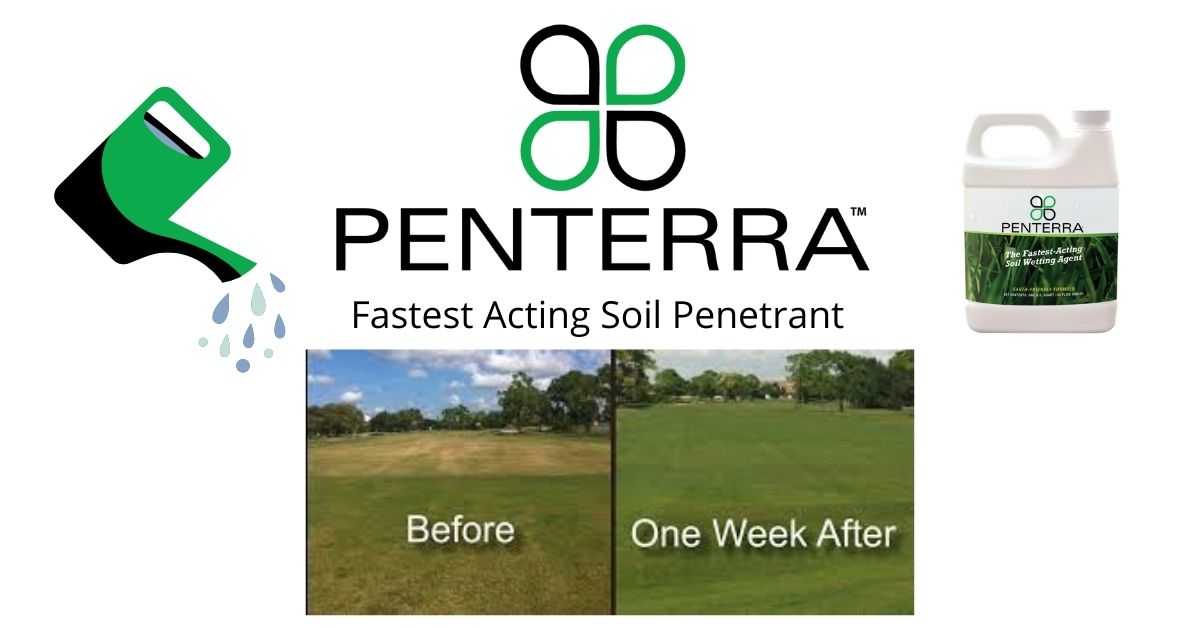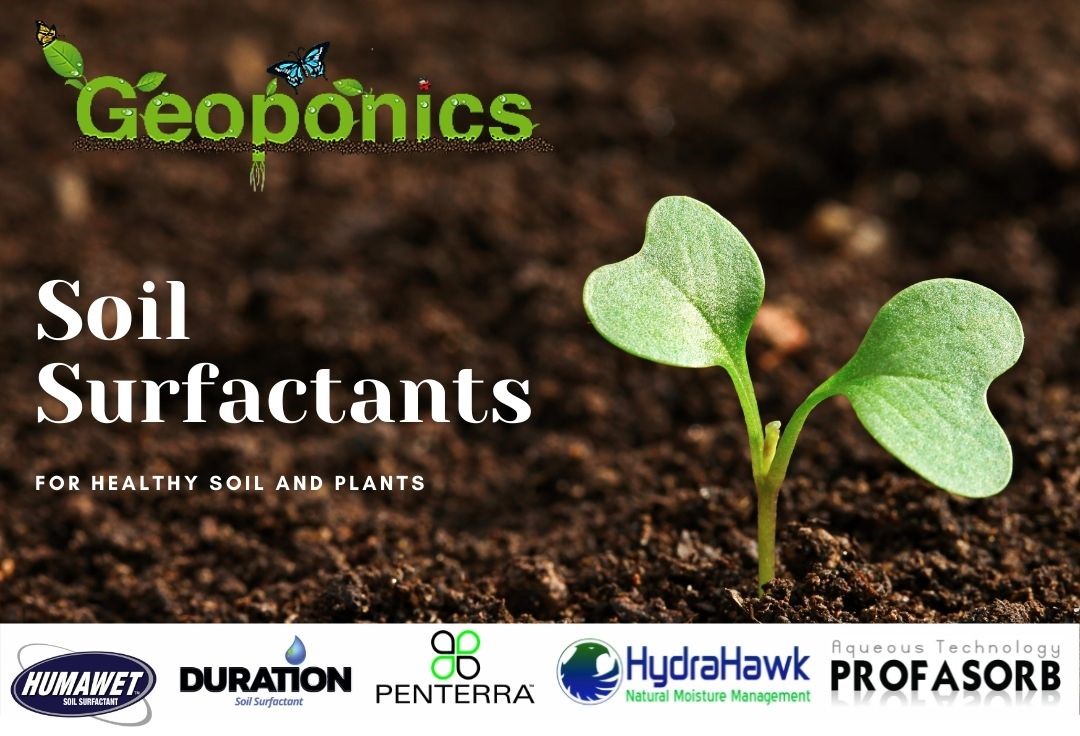How to Choose a Soil Wetting Agent
Manage soil moisture with soil wetting agents. These soil surfactants help when soil, regardless of rain, drought or irrigation, is not absorbing, draining or retaining water properly. This leads to unhealthy plants, whether a lawn, landscape, golf course or sports field. Soil wetters help with balanced hydration for plant health.
Soil wetting agents help evenly disperse water through soil. Managing moisture in soil is one of the most important factors for plant health.








